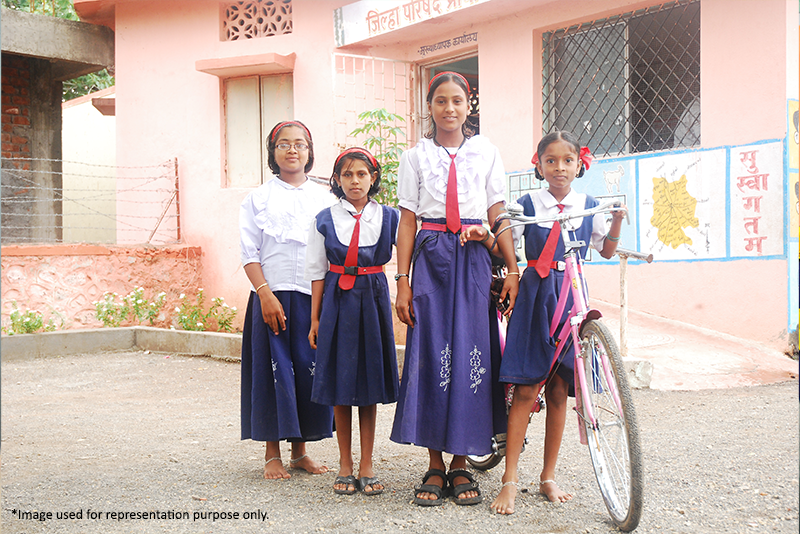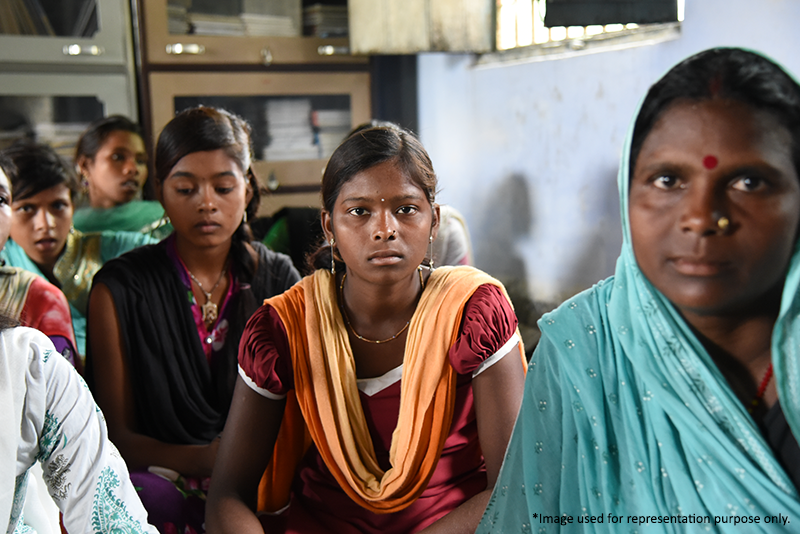
Breaking down educational barriers for underprivileged children
Education is a fundamental right, yet millions of underprivileged children worldwide are denied access to it. Barriers like poverty, discriminati....
Read More
Gender inequality is a pervasive issue that affects millions of children globally, particularly in developing countries with high density of population. It deprives girls of opportunities and hampers a nation's progress by underutilising the talents and contributions of half its population.
According to Press Information Bureau 2024 press release, India has made significant advancement in addressing gender inequality, climbing 14 spots on the Gender Inequality Index (GII) in 2022, moving from 122nd to 108th out of 193 countries. However, the journey is far from over, requiring sustained and strategic efforts to position India among the top-ranking nations on the GII.
In this blog, let’s explore the root causes and the affects of gender inequality on shaping children’s futures.
Key causes of gender inequality
Gender inequality refers to unequal treatment and opportunities based on gender. Let’s find out the key causes of gender inequality.
How gender inequality affects children
The effects of gender inequality on children are multifaceted, impacting their physical, emotional, and cognitive development. The key impacts are:
CRY UK’s role to combat gender inequality
At CRY UK, we fight gender inequality through education, protection, and community empowerment, addressing issues of child marriage and child labour to create a world where all children can aspire, regardless of gender. Our initiatives aim to create lasting change through:
Ensure girls have the same educational opportunities as boys by addressing barriers like safety concerns, school distance, and early marriage. Our initiatives raise community awareness, encourage families to prioritise girls' education, and provide resources for quality education in underserved areas.
CRY UK’s effort to stop gender inequality
Here is Rajeswari, a courageous girl from Andhra Pradesh who, with CRY UK’s support, stopped her early marriage and continued her education, overcoming many community challenges.
Read Rajeswari’s full story
Conclusion
The path to gender equality in India is challenging, but achievable with the right approach. By combining legal reforms, educational initiatives, and changes in societal attitudes, significant progress can be made. Non-profit organisations like CRY UK play a vital role in promoting child rights and gender equality. Through partnerships, campaigns, and grassroots efforts, CRY UK has positively impacted over 40,000 children.
By supporting CRY UK, you can help protect children from the harms of gender inequality. Donate now to make a lasting impact and join us in ending gender discrimination.